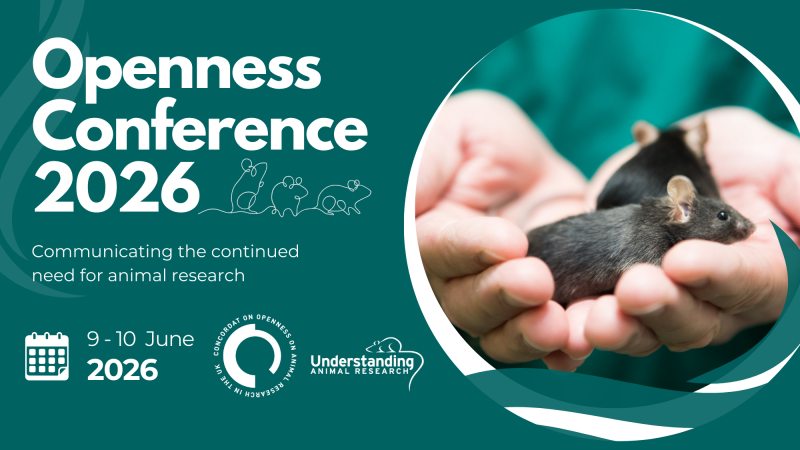
Text to go here...
 Antivivisectionists have spoken out against giving dogs with cancer a new cancer drug. Nedim Buukmichi, a vet speaking for the British Union for the Abolition of Vivisection, told New Scientist 'This raises serious concerns with respect to what the dogs may have to endure'.
Antivivisectionists have spoken out against giving dogs with cancer a new cancer drug. Nedim Buukmichi, a vet speaking for the British Union for the Abolition of Vivisection, told New Scientist 'This raises serious concerns with respect to what the dogs may have to endure'.
This bizarre standpoint sems to run counter to the veterinarian's oath. These trials could save dogs' lives, give hope to dog owners, and provide research data that otherwise would be obtained by studying animals in laboratories.
Within their ever increasing life-spans, some pet dogs will be diagnosed with cancer, so why not give them experimental anti-cancer drugs to treat the cancer, while science benefits from the resulting data. A research paper published last week describes how the scheme works, using veterinary clinical trials along with laboratory studies before human clinical trials.
Man's best friend has benefited over the past decade from the many developments in cancer treatments, with human cancer drugs often administered to combat canine cancers. Considering dogs are already being given human cancer drugs, the new idea aims to increase the amount of animal data before starting clinical trials in humans. Of course these treatments will normally have been tested in the test tube and in rodents before they are offered to dog owners.
Canine cancers show many similarities to cancers in humans. For example, dogs and humans are the only two species that naturally develop lethal prostate cancer, and the type of breast cancer that affects dogs spreads to bones, just like breast cancer in women. Because pet dogs live in the home, not in a laboratory environment, their diverse environments are similar to those that will be experienced by a human patient.
The owners are always offered a choice between traditional treatments and the experimental drugs, but there are advantages in choosing to enter their dog into a clinical trial. Owners who cannot ordinarily afford cancer treatments for their pet can benefit from the reduced costs associated with participating in a trial.
The scheme is working well in the USA. There are 12 trials underway across 19 veterinary schools with each trial involving a group of between 15 and 60 dogs. The results so far have been promising, 'We have had dramatic remissions in dogs with really aggressive cancers,' says Chand Khanna, head of the Comparative Oncology Trials Consortium.
The trials are being carefully watched in Europe, and the approach could jump the Atlantic if it proves popular with owners, and beneficial for research.
Last edited: 11 January 2022 09:02



